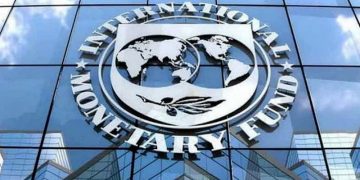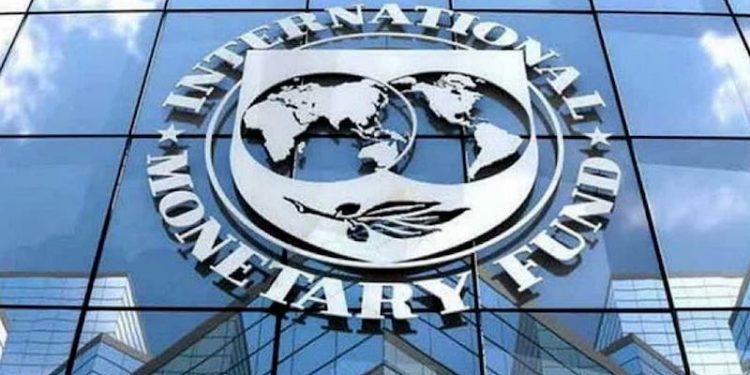By Enyichukwu Enemanna
The International Monetary Fund (IMF) has raised concerns that Nigeria could slip into a fragile state if concerted efforts are not made to address institutional corruption in the West African country.
The country has been engrossed in series of official corruption involving public office holders arising from contract inflation, bribery and others. Till date, millions of dollars stashed in foreign banks from Nigeria are still being repatriated, including the “Abacha Loot”, connected with the former head of state, General Sani Abacha who ruled the country with iron fist in the 90s.
Past governors and senators have been jailed for corruption-related charges in a country where a vast majority live below the poverty line.
Speaking at the ongoing annual IMF/World Bank meetings in Washington DC, a Legal Department Officer, IMF, Sebastiaan Pompe in his paper presentation said Nigeria does not technically qualify as a fragile state, stressing that corruption was an institutional challenge that could make Nigeria slide into a fragile state.
He said: “Nigeria is not a fragile state. But there is a broader idea of fragility which is not so narrowly technical, but which is the condition of countries. And that is why Nigeria sometimes was qualified as a fragile state technically, but then it emerged out of fragility, but it continues to face institutional challenges or challenges on corruption for example, that make it still sit within that broader group of fragility.”
While praising the current administration in efforts to rid Nigeria of endemic corruption, Pompe called on Nigeria to institute a legal framework that will empower the Office of the Auditor General of the Federation to curb institutional corruption in government parastatal and agencies.
He said Nigeria is a strong state with institutions that have depths and experience, though require strength to make them function optimally.
“The IMF has programs with Nigeria and you will often find that as of 2018, some of the elements of those programs included governance measures or measures that for example relate to the judiciary or to the anti-corruption framework, or transparency measures in the fiscal domain.
“Transparency is a form of combating corruption. I have visited Nigeria, myself, and Nigeria, obviously is a country that has had major challenges.
“At the same time, Nigeria is remarkable in the resilience of some of its institutions. Nigeria has phenomenal civil society institutions.
“I also found on my first visit to Nigeria that institutions such as for example, the Auditor General of Nigeria, while it has challenges, it also has an important contribution to budget transparency and accountability. “To give one example, while by law required, the Auditor General of Nigeria actually audits all public agencies, which many other countries do not do.
“So, further enhancing the Auditor General would be a major, step forward towards more accountable public finances and strengthening the anti-corruption regime for sure,” he added in a chat with newsmen.
In a separate event titled, ‘Climate Change and Food Insecurity in Sub-saharan Africa,’ an analyst at the African Department IMF, Mai Farid stated that Africa was the most food-insecure region not prepared for the outcomes of climate change.
According to her, Africa is a region most vulnerable to climate change yet the least prepared. She added that in the past decade, food insecurity in Africa has been rising faster than in the rest of the world.
“Over the past decade, you can see a persistent deterioration in sub-Saharan Africa’s food Security Index. This is partly due to pressures from rapid population growth, recurring and intensifying natural disasters and lack of resilience.”
She therefore called for the provision of technology to assist farmers to monitor and forecast upcoming changes that would affect yields as well as enhance on the necessary infrastructure needed in agriculture.



































